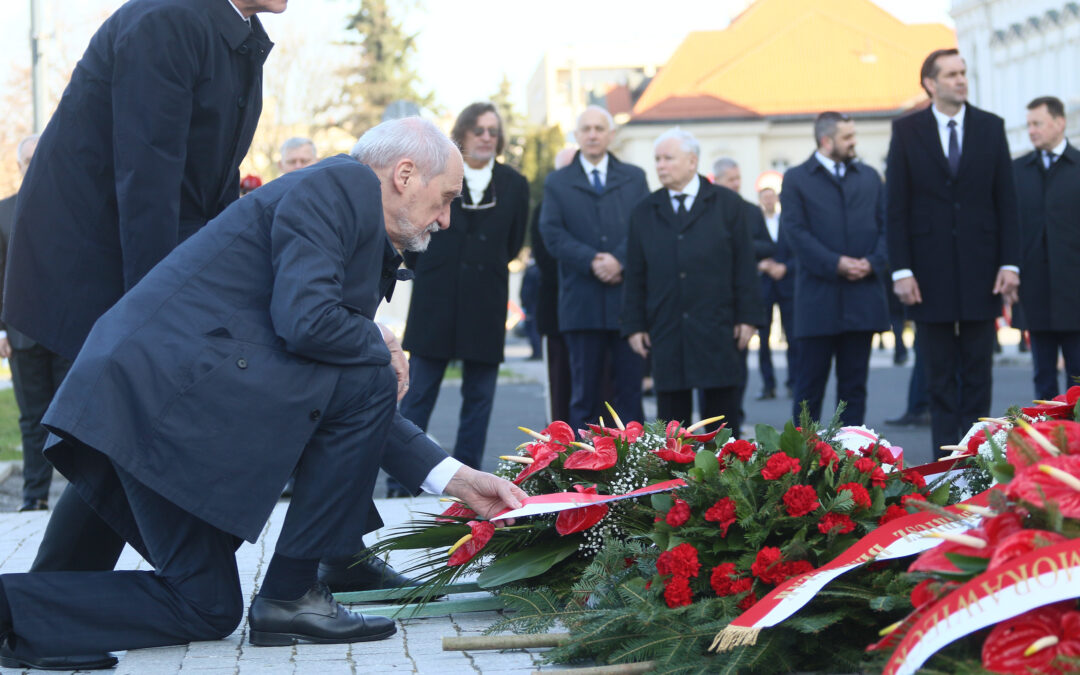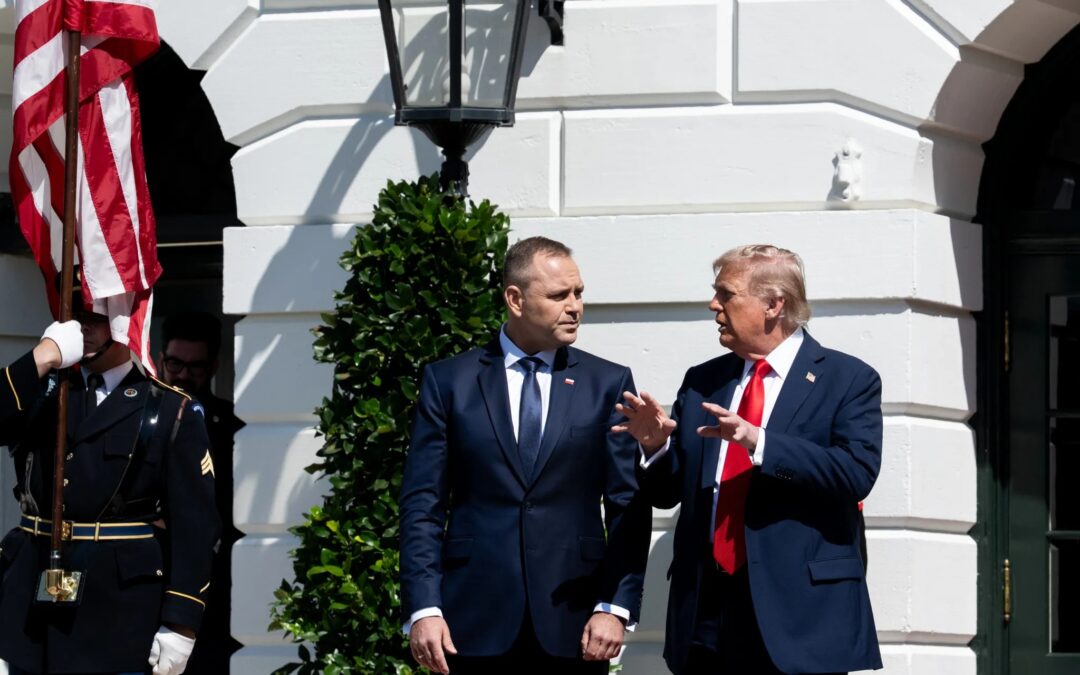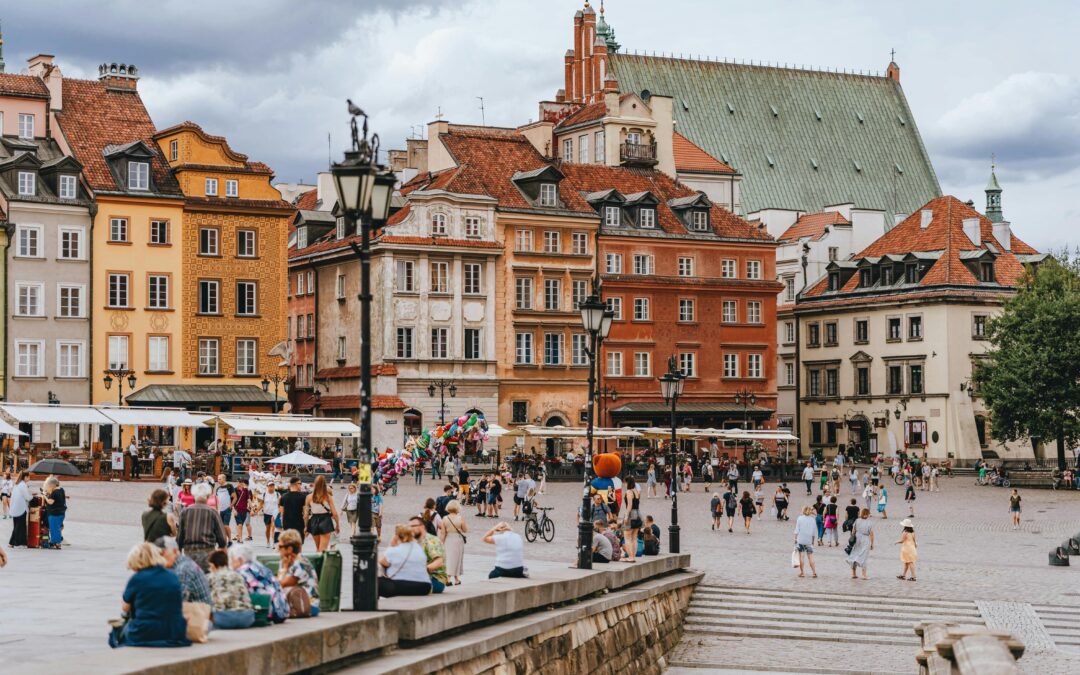A committee set up by the government almost six years ago with a promise to reveal the “truth” behind the Smolensk plane disaster that killed then president Lech Kaczyński cost the state more than 22.6 million zloty (€4.9 million), despite not yet publishing its findings.
In the 11 years since the tragedy – which killed 96 people, many of them leading political and military figures – the currently ruling Law and Justice (PiS), which is led by Lech’s twin brother Jarosław Kaczyński, has repeatedly claimed that the true causes of the crash have been covered up.
PiS figures have even suggested that the plane was brought down deliberately. The matter has become the subject of bitter political dispute, with PiS accusing the government of the time – led by the Civic Platform (PO) party, now in opposition – of colluding with Russia over the issue.
Soon after coming to power in 2015, PiS launched a new state investigation into the event, led by the then defence minister, Antoni Macierewicz. However, despite repeated assurances by Macierewicz that a final report is ready – and that it contains significant new findings – the committee has still not published it.
In March this year, Jarosław Kaczyński announced that Macierewicz’s report “is only waiting for a signature” before being published and helping “reveal the truth”. However, Kaczyński soon changed tack, saying he was “not sure” the crash would ever be explained.
In September, Macierewicz – who is also deputy leader of PiS – told state news agency PAP that his committee had concluded that the plane crash was caused by “at least two explosions”. These “completely destroyed the plane and killed everyone – passengers and crew”.
Such claims – which have been repeatedly made over the years by Macierewicz – would contradict previous official Polish and Russian investigations into the crash, which found it to be caused by pilot error.
Meanwhile, in February a PO senator, Krzysztof Brejza, asked the defence ministry, under whose authority the committee operated, for information on its costs.
In November, the politician said he had won a court case two months earlier against the ministry over its failure to disclose the information, which was in “gross violation of the law”. This week, Brejza announced that, “after years of evasions”, the ministry had finally revealed the figures.
According to a response from the defence ministry received by Brejza on 23 December, the committee investigating the plane crash had spent 22.63 million zloty on its work between its founding in 2016 and 24 February this year.
It also revealed that spending between 2010 and 2011, immediately after the crash and when PO was in power, was 6.11 million zloty.
Udało się! MON po latach uników ujawnia wydatki Podkomisji A.Macierewicza 2016-luty 2021: 22,6 mln zł
To wynik wygranej sprawy sądowej.
(Kwota ujawniona przez MON do lutego 2021, bo taki był wniosek z początku roku, w oparciu o który wygrałem sprawę w sądzie z MON). pic.twitter.com/HBnuC2qydd— Krzysztof Brejza (@KrzysztofBrejza) December 27, 2021
The figures published by Brejza closely match unofficial reports that appeared earlier this month in Sieci, a weekly newspaper with close ties to PiS. It found that the committee had cost 24.57 million zloty for its whole period of operations until November, when it formally finished activity.
Opposition figures and many commentators have accused PiS of using the investigation – and the entire Smolensk issue – for political purposes, as a means to stir up the party’s base and attack PO.
Polls in recent years have shown that only a minority – albeit a substantial one – of Poles believe that the disaster was anything other than an accident. Just over a quarter (26%) think it was a deliberate attack, according to an Ipsos poll conducted last year for OKO.press, while 59% said it was an accident.
Main image credit: Slawomir Kaminski / Agencja Gazeta

Maria Wilczek is deputy editor of Notes from Poland. She is a regular writer for The Times, The Economist and Al Jazeera English, and has also featured in Foreign Policy, Politico Europe, The Spectator and Gazeta Wyborcza.




















